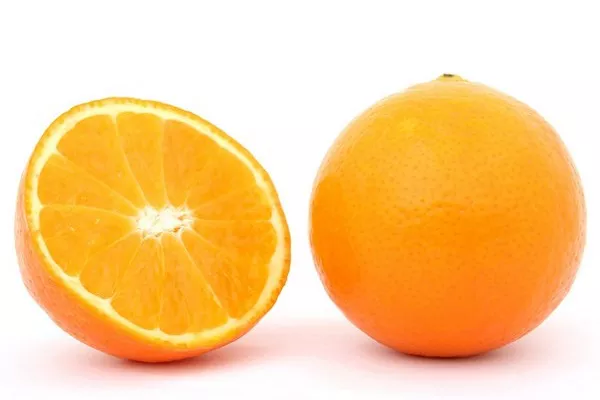Belly fat is a common concern for many people, as excess fat around the midsection can increase the risk of health problems such as heart disease and type 2 diabetes. While spot reduction of belly fat is not possible, following a healthy diet plan can help reduce overall body fat, including belly fat. In this article, we will discuss a diet plan to reduce belly fat.
- Increase Protein Intake
Protein is an essential nutrient that can help promote weight loss and reduce belly fat. Aim to include protein sources such as lean meat, poultry, fish, eggs, legumes, and tofu in each meal. Protein can help reduce appetite, increase metabolism, and preserve lean muscle mass.
- Incorporate Fiber-Rich Foods
Fiber is another important nutrient for reducing belly fat. It can help reduce appetite, promote feelings of fullness, and regulate blood sugar levels. Include fiber-rich foods such as fruits, vegetables, whole grains, nuts, and seeds in your diet.
- Avoid Sugary and Processed Foods
Sugary and processed foods can contribute to belly fat and overall weight gain. These foods are often high in calories, low in nutrients, and can lead to cravings and overeating. Avoid foods such as sugary drinks, desserts, candy, and processed snacks.
- Choose Healthy Fats
While reducing overall calorie intake is important for weight loss, it’s also important to include healthy fats in your diet. Fats can help increase feelings of fullness and provide essential nutrients. Choose healthy fats such as olive oil, avocado, nuts, and seeds.
- Drink Plenty of Water
Staying hydrated is important for overall health and can also help reduce belly fat. Drinking water can help increase feelings of fullness, boost metabolism, and flush out toxins. Aim to drink at least 8-10 cups of water per day.
- Practice Portion Control
Controlling portion sizes can help reduce overall calorie intake and promote weight loss. Use smaller plates, measure out portions, and avoid eating in front of screens to help prevent overeating.
- Incorporate Cardiovascular Exercise
While diet is important for reducing belly fat, incorporating cardiovascular exercise can also help promote weight loss and reduce belly fat. Aim for at least 30 minutes of moderate-intensity exercise such as brisk walking, cycling, or swimming on most days of the week.
In conclusion, reducing belly fat requires a combination of healthy eating habits, regular physical activity, and lifestyle changes. Incorporating protein, fiber, healthy fats, and water into your diet, avoiding sugary and processed foods, practicing portion control, and incorporating cardiovascular exercise can all help reduce belly fat and promote overall health. As always, consult with a healthcare provider for personalized recommendations and guidance.


